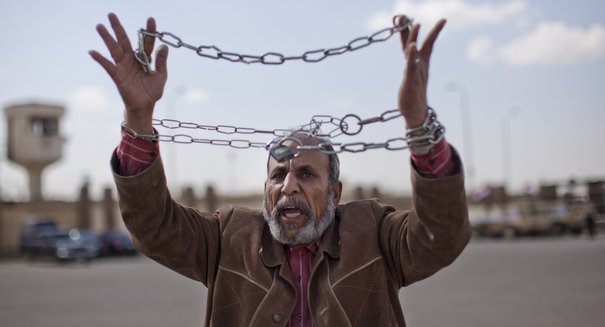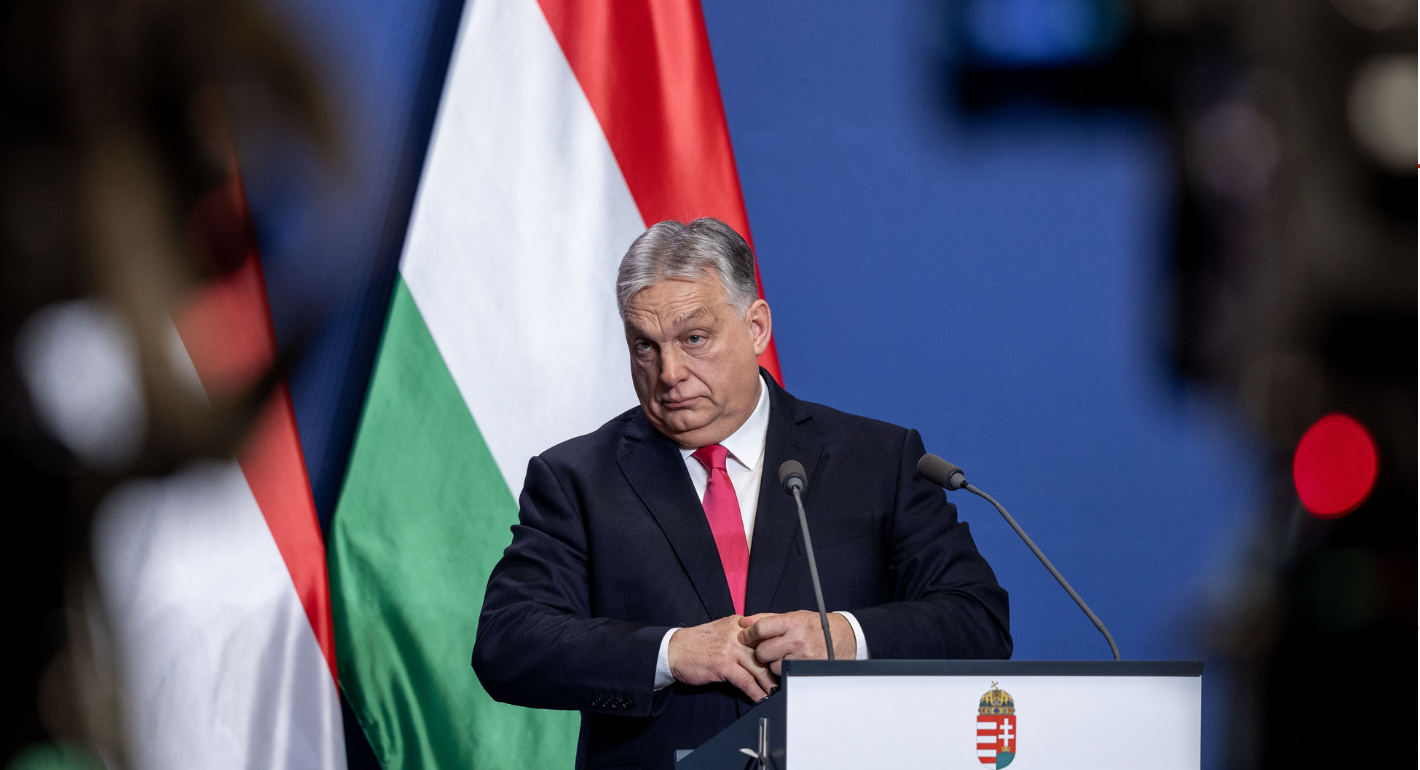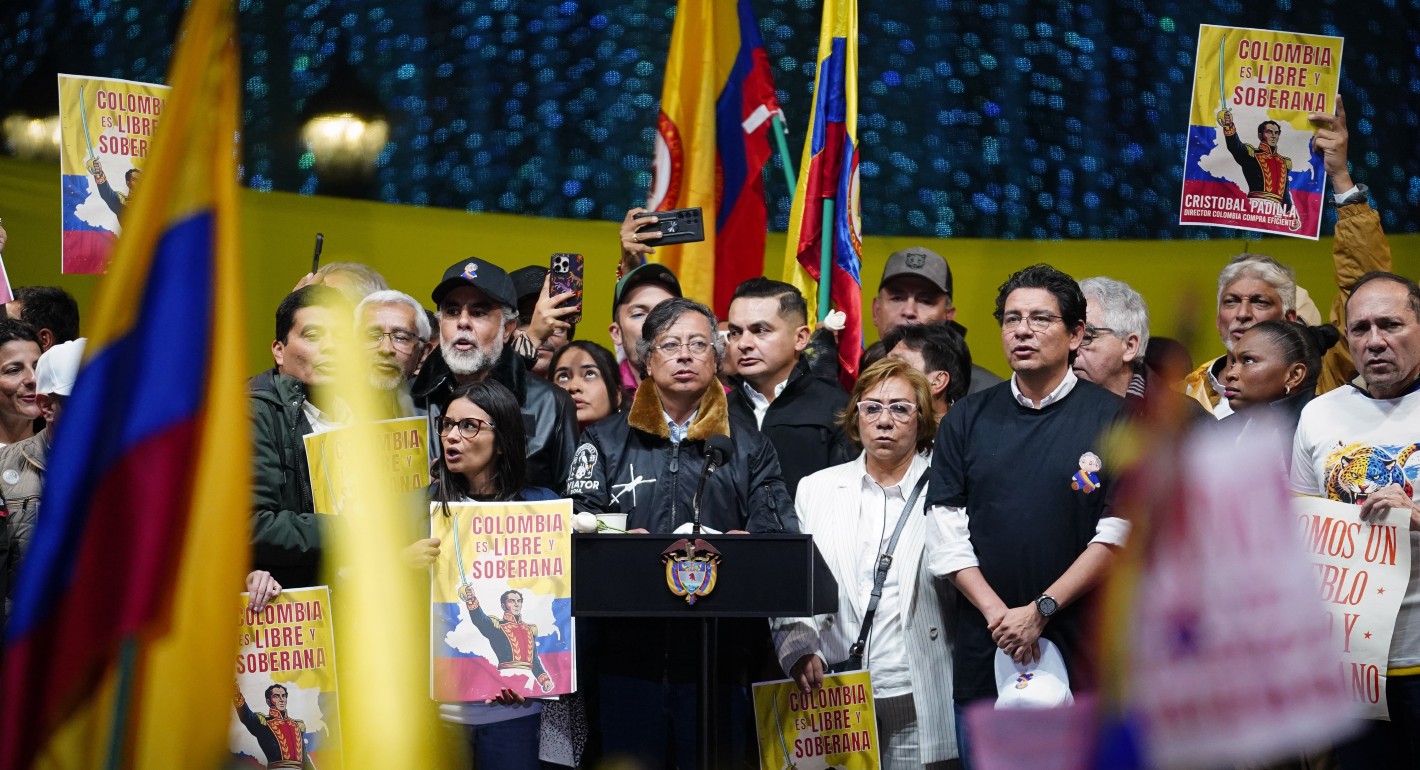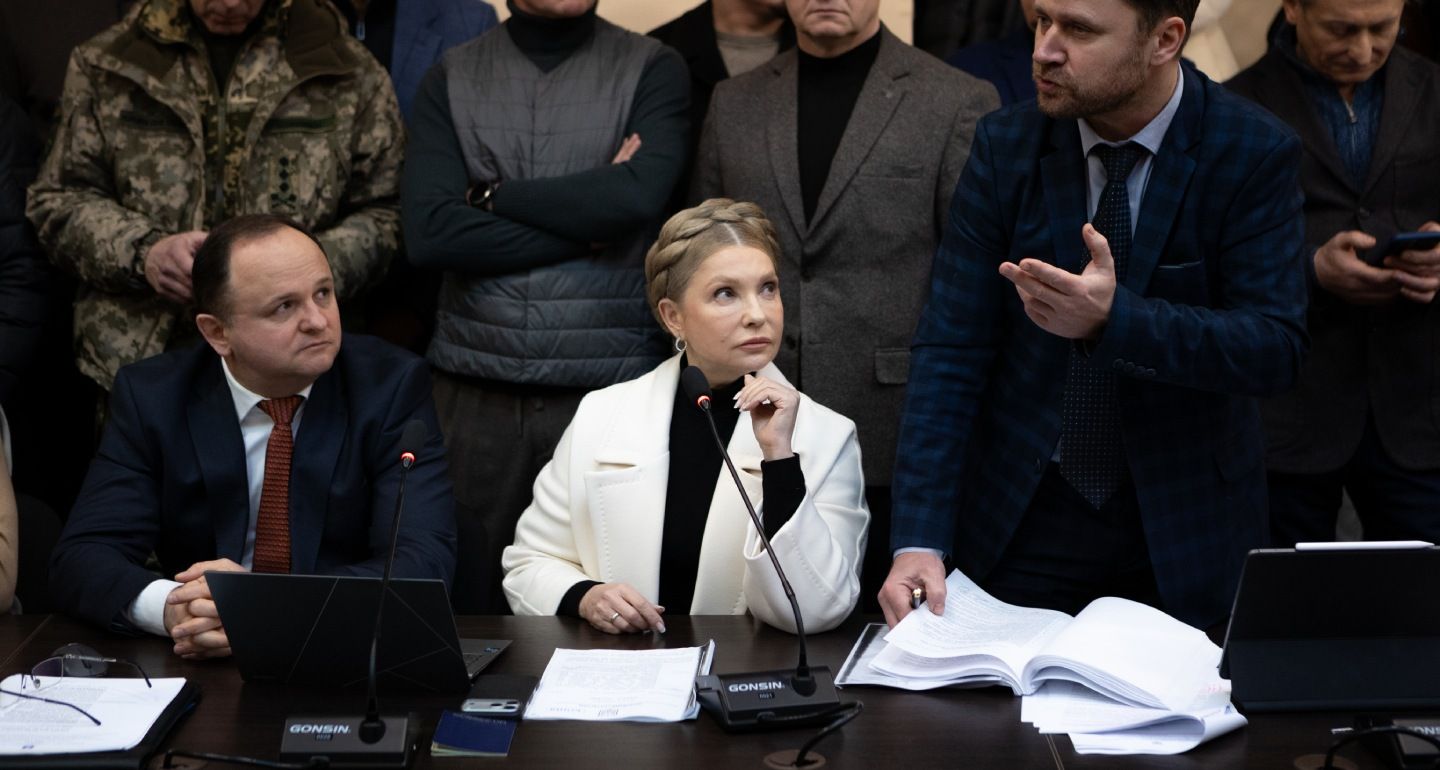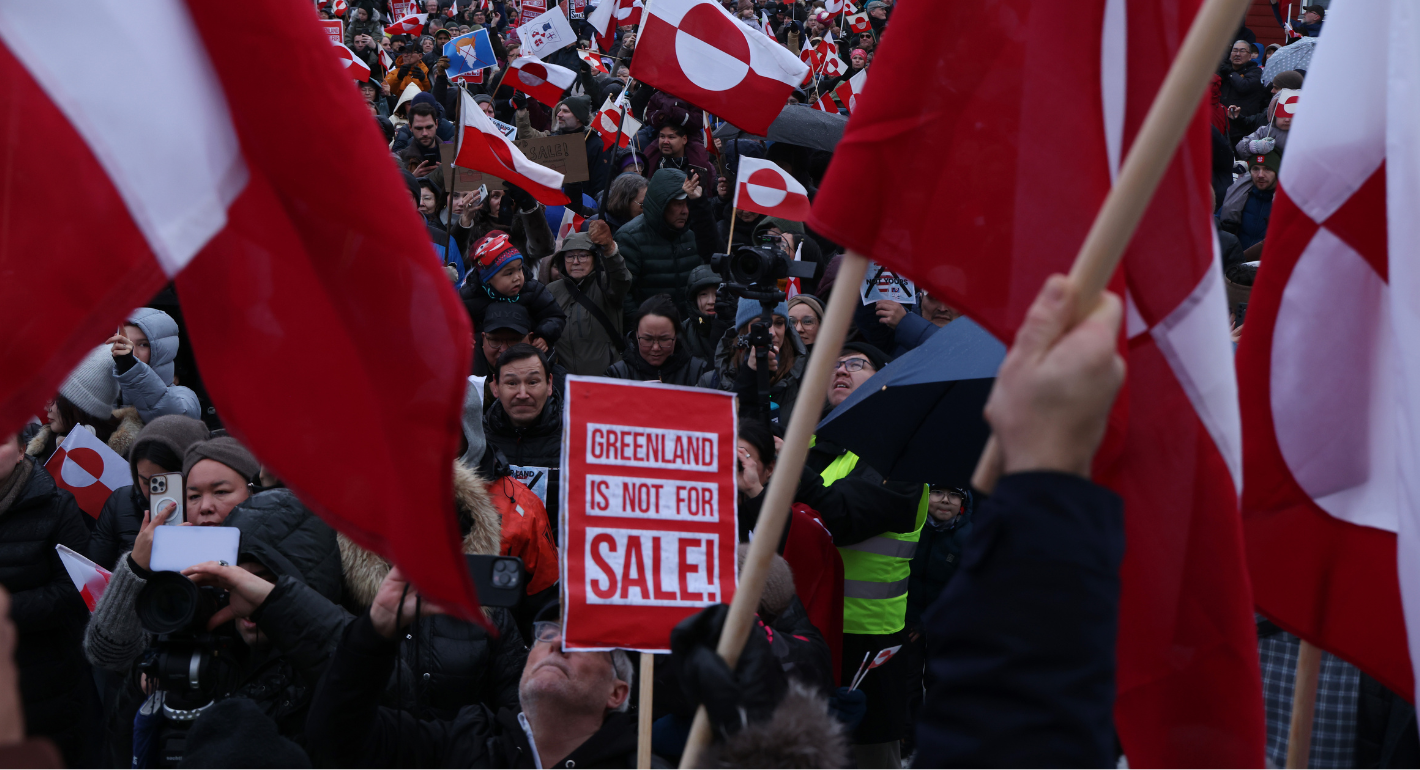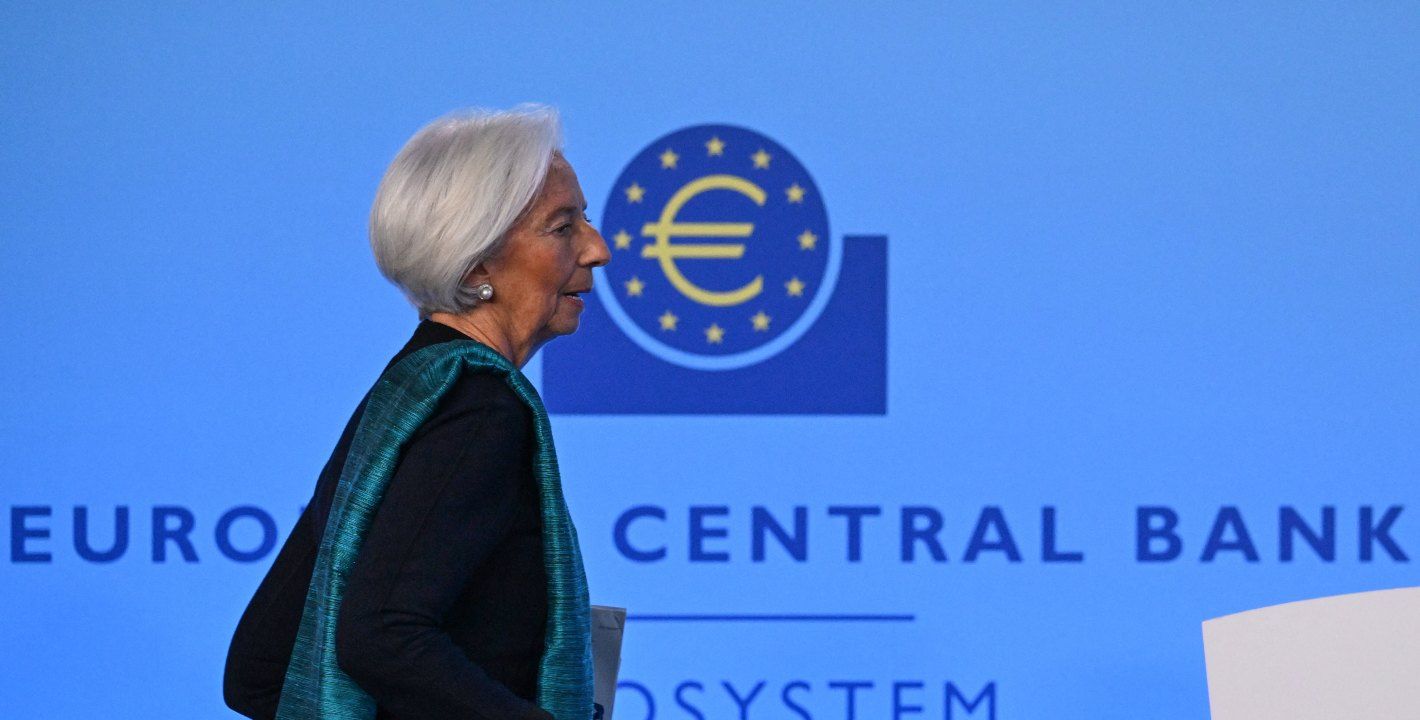Egypt’s legal and judicial tradition is both deep and complex—it sometimes seems that understanding its current structure requires an archeologist as much as a lawyer. Some seeming peculiarities stem from the Egyptian system’s civil law origins. Unlike the United States, but similar to continental Europe, Egypt has divided up jurisdiction among many different sets of courts, each with its own procedures, personnel, and set of appellate bodies. Thus, for instance, constitutional cases are generally heard by a specialized constitutional court.
But even a lawyer trained in France would find confusing and novel elements in Egypt’s structures and traditions because the system has evolved in some distinctive ways over the past century and a half. Because the array of Egyptian courts will likely have more to say on transition issues, and the various judicial bodies have developed in a domestic context that leaves them with at best the roughest of analogues in other systems, a brief guide to the judicial cast of characters is useful.
1. Regular Courts/Court of Cassation
Egypt’s courts of general jurisdiction—covering the vast majority of civil, criminal, and personal status cases—have three main levels. The supreme appellate court for these cases is known as the Court of Cassation, which has jurisdiction over parliamentary election disputes but not presidential ones.
2. Supreme Judicial Council
The Supreme Judicial Council handles administrative affairs, judicial appointments, and promotions for the regular courts (those of general jurisdiction described above). Its membership is established by law, and it is headed by the president of the Court of Cassation, making him one of Egypt’s chief justices. Confusingly, there is also a similarly named but distinct structure called the Supreme Council of Judicial Organizations that brings together all the various judicial bodies in Egypt, but it has become a weak institution that coordinates affairs without having much effective authority.
3. Military Courts
Military courts are standing bodies that have jurisdiction over military cases. They are not part of the regular court system and are therefore not subject to the Court of Cassation or Supreme Judicial Council. During a state of emergency, these courts also have jurisdiction over any case or category of offenses transferred to them by the president.
The most recent state of emergency—in effect with only brief interruptions since 1939—expired on May 31, and the parliament is unlikely to renew it. But that does not mean that civilians will be exempt from these courts. The military has been hauling demonstrators before its own courts completely outside of the emergency legal framework, and if military forces continue to play an internal security role, as they have since the days of the revolution, they may continue to do so.
It is quite possible that Egypt’s permanent constitution—when it is finally written—will bar the practice of trying civilians in military courts, as the issue has particular resonance for revolutionaries, many jurists, and the Muslim Brotherhood, whose party is the largest in parliament. But in the meantime, the Egyptian parliament has passed a law allowing the military courts the right to determine whether they have jurisdiction over particular cases.
4. State Council
The State Council (Majlis al-Dawla) is a judicial body that gives legal advice to the government, drafts legislation, and exercises jurisdiction over administrative cases. In this last regard, the council includes a set of administrative courts that adjudicate disputes in which a state body is a party. The Council has a growing reputation of boldness and independence in its rulings. Each province has a lower-level administrative court, and a Supreme Administrative Court sits above them in Cairo. There is also a Commissioners Body that helps prepare cases and draft opinions for the court.
Many politically prominent cases start in the State Council because they involve a legal claim against a senior official or body—such as the prime minister, the president, or the Supreme Council of the Armed Forces (SCAF).
5. Supreme Constitutional Court (SCC)
The SCC decides cases—generally refereed by another court—in which the constitutionality of a law or regulation is challenged. It is an independent judicial body, which, like the State Council, has a Commissioners Body that prepares cases for the main group of justices.
The SCC’s current president, Faruq Sultan, who is set to retire this summer, was appointed by President Mubarak. Since Sultan had a career that stretched through both military and security judicial bodies, revolutionary forces and the Brotherhood deeply distrust him. Under a decree law issued by the SCAF last summer, the SCC just designated its own incoming chief justice, choosing from among its three most senior members.
6. State Security Courts
Until 2003, Egypt had two distinct bodies known as State Security Courts. One was part of the regular judiciary and was responsible for criminal cases that were categorized as having a connection with state security. Generally, they might be considered public order cases in other systems. That set of courts was abolished in 2003, leading many observers to the mistaken conclusion that State Security Courts had been abolished.
But a second body of courts, formed by the state of emergency and that deals with cases stemming from the ill-defined and hoary emergency, still exists. Since appeals in the State Security Courts—Emergency Section are limited, procedural guarantees are fewer, and political dimensions to cases are more obvious, these courts have a far more fearsome reputation than the now-abolished set of regular State Security Courts. But with the end of the state of emergency, even this body could be dissolved.
7. Judges Club
Judges in the regular courts have a club in Cairo (with some provincial branches) that has traditionally served social purposes but on occasion has played a stronger public role, holding conferences, issuing statements, and advocating for judicial interests. It was prominent in the late 1960s, when its board took some critical political positions leading to the “Massacre of the Judiciary” in which over 100 sitting judges were dismissed, and again in the mid-2000s, when it took a critical stance on electoral fraud, judicial independence, and other issues. State Council judges have their own club, but it has not been politically prominent.
8. Niyaba/Parquet/Public Prosecutor
The Niyaba, translated as the Parquet or Public Prosecutor, is a judicial body responsible for the investigation and prosecution of crime (with some ancillary responsibilities). Its members are a part of the regular judiciary, and indeed most judges begin their careers by serving in the Niyaba. There is a separate Niyaba for administrative cases attached to the State Council.
The body is headed by al-Na’ib al-’Amm—variously translated as prosecutor general, attorney general, or procureur général—who is a senior judicial official. Because he is appointed by the executive branch, this official is often the main link between the government and the judiciary.
9. Election Commissions
Egypt has two separate electoral oversight bodies. One exists for parliamentary elections and uses personnel from all of Egypt’s many judicial bodies to oversee elections.
A separate Presidential Election Commission—defined by the interim constitutional declaration as a judicial body—is headed by the president of the SCC. Because the SCC president is a controversial figure, and because a Presidential Election Commission was created in 2005 apparently as a regime tool to maintain control over presidential elections, the commission sometimes provokes suspicion. But it appears to have performed credibly, if at times somewhat assertively, in the presidential elections thus far. The commission’s decisions cannot be appealed in the courts.
The overlap between the commission and the SCC does cause some awkwardness—the commission has, for instance, taken a position on constitutional issues. The lead administrator for the Presidential Election Commission doubles as a member of the SCC’s Commissioners Body. He was also a member of the small committee that drafted the constitutional amendments submitted to a popular referendum last year and then inserted in the currently governing constitutional declaration, giving the same figure a role in writing, interpreting, and applying constitutional texts. The SCC was also given the task of reviewing the draft presidential election law in order to forestall later constitutional challenges to the law—and it responded by insisting that the Presidential Election Commission be strengthened.
For a discussion of how constitutional controversies and judicial rulings are changing the basic nature of Egypt’s political system, see “Judicial Turbulence Ahead in Egypt, Fasten Your Seat Belts”
